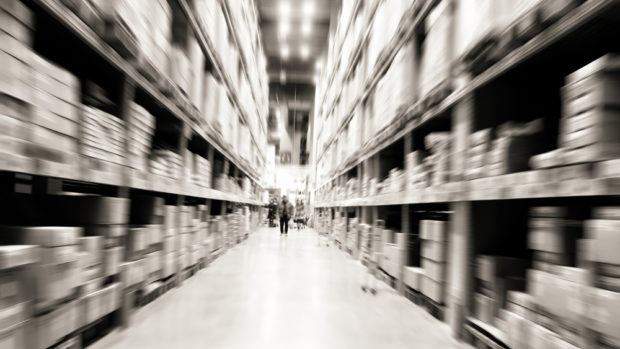
Following the publication of the government’s long-awaited strategy to achieve a virtually zero-carbon economy, my concerns are the lack of investment in reducing the environmental impact on supply chains.
Suppliers’ operations are responsible for 65 per cent to 95 per cent of a company’s total emissions, yet the government’s net-zero strategy and UK targets, yet again, totally ignore the environmental impact associated with the supply chain.
The main issue is that the government is only focusing on emissions created within the UK. However, most goods that are bought in the UK, whether that is on the high street or online, are often manufactured overseas and imported to the UK.
If we look at the cumulative responsibility for greenhouse gases in the atmosphere, then the UK is responsible for far more than just the 1 per cent that the government is fond of telling us. It is unfair for the UK government to say we are making good progress but other countries, such as China, are not when it is the UK that is happily creating the demand for those products.
Pointing at larger emitters while self-congratulating ourselves is not a constructive behaviour; we as a nation should be held responsible for those emissions, and they should be on our balance sheet as well.
It is incumbent on the UK, on retailers, on brand owners and us as consumers to also consider the supply chain environmental costs of the goods that we consume. All parties must assess the environmental impact at every stage of the process, from raw materials to manufacturing to transport of these goods made abroad.
Companies must assess and quantify the products they import and need to look at how those environmental impacts can be reduced by working with all the suppliers concerned to take the necessary actions.
by John Perry, managing director of supply chain and logistics consultancy, SCALA








Share